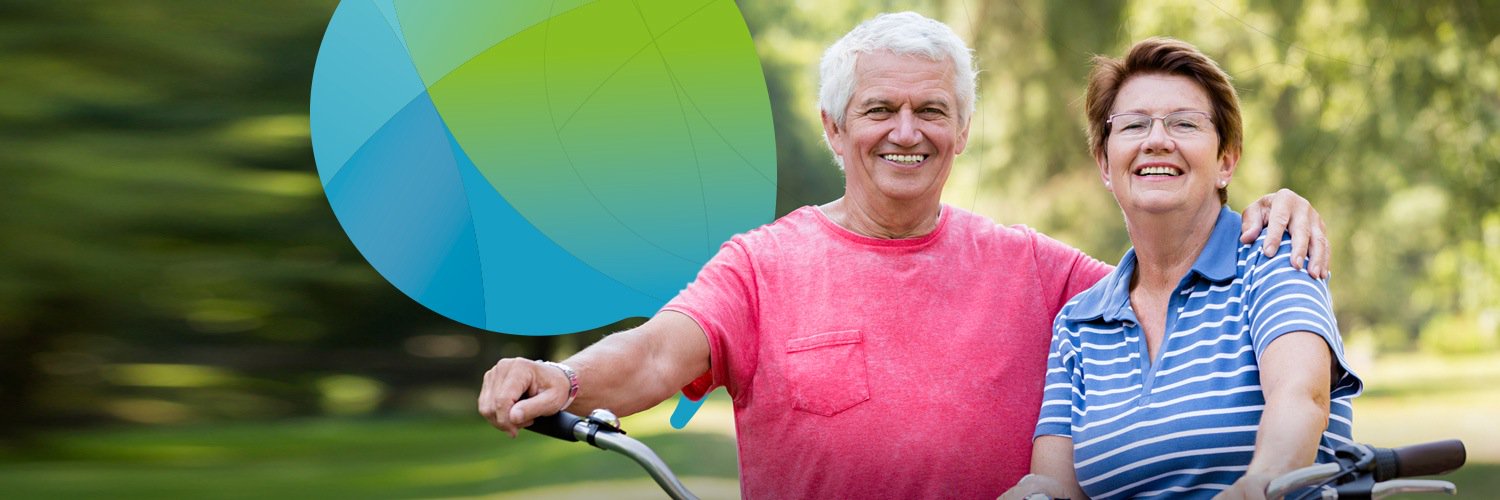|
|
||||||||||||||
|
Alcohol |

|
|||||||||||||
Alcohol increases the risk of numerous medical conditions such as heart disease, pancreatitis, obesity, dementia and cirrhosis. In terms of cancer, despite some drinks, particularly red wine containing polyphenols and antioxidants such as resveratol these do not counteract the harmful effects. Recently, international health organisations like the World Health Organisation now agree that alcohol can also increase the risk of a range of cancers, particularly mouth and oesophagus cancers, bowel, breast, prostate and liver. There is also evidence, albeit conflicting, that drinking regularly after cancer, particularly breast cancer can increase the risk of recurrence. International reports linking alcohol with cancer: [1] Heavy
drinking may be linked to increased risk of high-grade prostate cancer,
research suggests. [2] Preliminary Findings Suggest Daily Consumption Of More Than One Alcohol Drink Raises Cancer Risk. A study reported in the British Medical Journal showed
that one-in-10 of all cancers in men and
one-in-33 of all cancers in women are caused by past or current alcohol
intake. The
researchers found that individuals who drank more than two standard
drinks a day for men and one drink a day for women were particularly at risk
of alcohol-related cancers. Essentially, alcohol-related cancers which
were one-in-three in men and one-in-20 in women are caused by any
excessive drinking. The study authors calculated that in 2008, current and past drinking habits were responsible for about 13,000 cases
of alcohol-related cancer in the UK, out of a total of 304,000 cancer
cases. (A standard drink is defined as as one containing approximately 12 grams of alcohol; approximately a 125-ml glass of wine or about half of a pint of beer). [3] Heavy Beer Drinkers With ADH1 Gene Variant May Have Increased Risk Of Gastric Cancer. A research project published in the American Association for Cancer Research meeting reported that a genetic variant might predispose heavy beer drinkers to a higher risk for gastric cancer . The researchers found that drinking 30 g of pure ethanol/alcohol or more a day derived from beer was associated with a 75% increased risk for gastric cancer. Notably, when they looked at interactions between the alcohol dehydrogenase gene cluster (ADH1) locus SNPs and baseline alcohol consumption, the authors noted a statistically significant interaction between rs1230025 and beer consumption." The presence of "SNP rs230025 was associated with a 30% increased risk for gastric cancer." Why does alcohol cause cancer?
Tips for cutting down:
Extra help:
|
||||||||||||||




